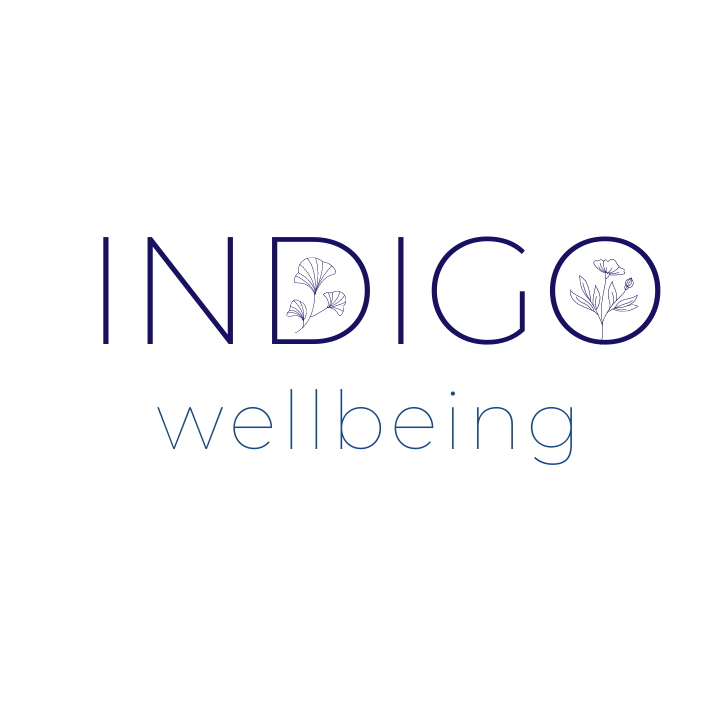Understanding the link between birth, eczema and the gut
To understand the link between eczema and the gut we need to go back to the beginning, to when we were born.
The development of a baby’s immune system and how it interacts with its environment is the key to understanding the relationship between the immune system and the gut. As well as being fundamental to survival and ongoing development, it plays a huge part in the pathology of allergic disease such as eczema.
The gut microbiome
Until recently, the newborn was thought to be microbiologically sterile and its first exposure to its bacterial environment was contact with the vaginal and faecal bacteria of the mother, or, for caesarean section births, the hospital environment. This early exposure creates colonies of microflora in the infant gut that we call the gut microbiome. The nature of that flora, and the immune system’s adaptation to it, is critical to immune development.
Birth
How babies are born creates immediate differences. Babies born by caesarean section show lower bacterial counts and reduced populations of a type of friendly bacteria called bifidobacteria at 1 month compared to those born vaginally. Although these differences are no longer apparent at the age of 6 months, caesarean section infants have greater levels of antibodies called IgA, IgG, and IgM cells (inflammatory markers) up until at least 1 year, suggesting that lower numbers (and type) of initial colonising bacteria may delay immune development during a critical period of development.
How your baby is fed has a significant impact on the nature of their bacterial colonies. Bifidobacteria dominate the gut microbiome of breastfed infants, whereas formula-fed infants have higher proportions of Bacteroides and members of the Clostridium and Lactobacillus groups.
At 12 months, the bacterial populations of both breast and formula-fed infants begin to resemble those of adults. The difference in development of this microbiota is highly significant for immune development.
Immune Tolerance
One of the first key challenges the newborn baby faces is to develop an appropriate immunological response to its environment. The presence of ‘friendly’, non-self bacteria in the gut microbiome is critical to facilitating this process. On the one hand the baby needs to develop immune tolerance of certain substances such as pollens and dietary antigens, which should be harmless. On the other it needs to react appropriately to genuine threats from pathogenic bacteria or viruses.
Secondly, appropriate differentiation of types of antigen by the immune system needs to develop, friend versus foe.
Our gut bacteria play a key role in the management of this process effectively overseeing our immune system response to how we react to our internal and external environment.
If you’d like to find out more about supporting your baby’s gut health, I’d love to support with you.


